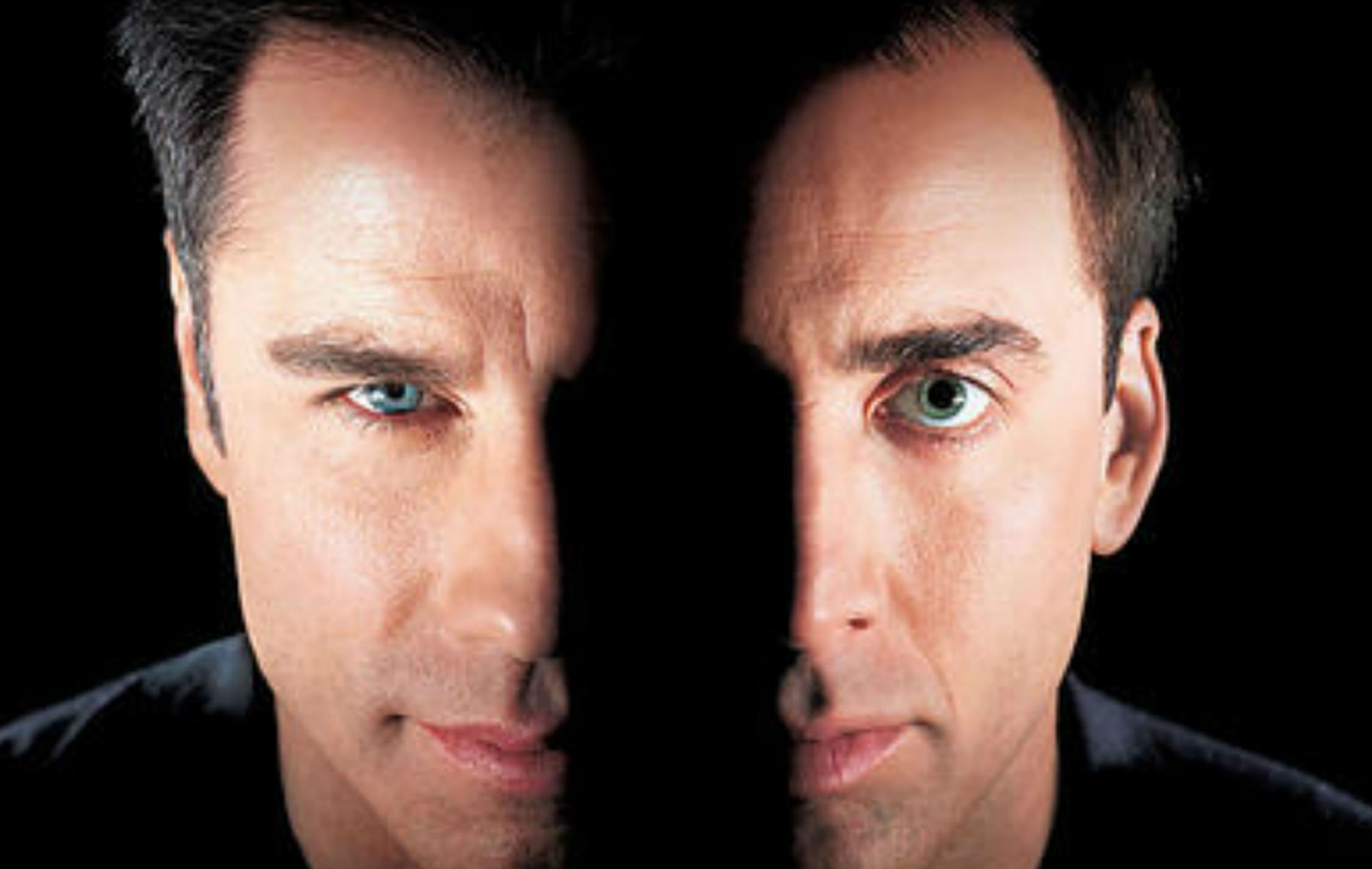The laws preventing someone from stealing your face are surprisingly murky

Bruce Willis stars in a real-life version of Face/Off: The recent Bruce Willis deepfake saga has sparked a debate on how actors can protect their identities to avoid exploitation, Wired writes. Deepfake tech can replace a person’s face in a video so seamlessly that most viewers are unable to spot the fake from the real. And that’s exactly what happened with Willis, whose digital version appeared in a Russian ad despite the actor refuting an agreement with the deepfake company behind his digital twin. Some believe that the emergence of the technology concerns all those in the entertainment industry who could be exploited in their contracts due to their ignorance about AI.
Surely you have the right to the use of your own face? It’s complicated. In the US, people can appeal to various state laws to prevent people from appropriating their identities, though the degree of protection varies from state to state. Some have rules safeguarding the “right of publicity” — prohibiting people from using others' identities without their permission — though it's not entirely clear whether this applies to deepfakes. “A private individual or company that simply creates a deepfake of a person, without more, does not obviously run afoul of the right of publicity,” says David A. Simon, a research fellow at Petrie-Flom Center at Harvard Law School. And in some situations, the free speech protection of the First Amendment could get in the way of actors trying to protect their digital rights.
It doesn’t help that some actors are on board with this: Small-time actors who’d never be able to make it big in the industry see the AI tech as a chance for profit. “While many never become ‘famous,’ their names, voices, images or likenesses still attain commercial value,” a Screen Actors Guild—American Federation of Television and Radio Artists (SAG-AFTRA) official says.
Could climate change trigger a new pandemic? Genetic examination of the largest Arctic freshwater lake in the world suggests that a new viral infection could occur because of melting glaciers, according to research from the University of Ottawa picked up by the Guardian. The findings suggest that frozen viruses that have remained trapped in glaciers and permafrost for mns of years could re-enter circulation as ice continues to melt.
Farfetched? Look no further than Siberia which suffered an outbreak of anthrax in 2016 which was thought to have been caused by a diseased reindeer carcass that had thawed with the melting of permafrost.
Known unknowns: It’s not exactly clear how many dormant viruses may lie in wait, how many of them are unknown or whether they could trigger mass infections, though the researchers say they plan to answer the second of these points in the coming months. A separate study by a team from Ohio State University identified genetic material from 33 viruses — 28 of which are new — in ice samples taken from the Tibetan plateau in China,
Employees speaking up and quitting in droves is becoming the new normal in the US, according to a recent CNBC report. High monthly turnover rates make the Great Resignation — a recent trend where workers are quitting their jobs voluntarily en masse — seem less unusual. Almost 4 mn people, or 3% of the workforce, have resigned every month since April 2021, the report says. That’s a lot of disgruntled employees.
What’s driving this trend? Experts suggest that “work has always been dysfunctional, our tolerance for it just got lower,” according to the report. Covid-era remote work has given employees hope for how things may look different than before. In 2019, the World Health Organization officially declared work burnout an occupational danger. “There were people who felt like the world of work wasn’t sustainable in 2019, and then the pandemic happened,” says Anthony Klotz, an organizational psychologist. “I don’t know if there’s more dysfunction so much as, in many cases, we’re saying: No, we’ve seen a better path, or we have this opportunity right now, to make the world of work better,” he says. People are no longer going above and beyond when it doesn't suit them at work, as seen by the rise of Quiet Quitting, a controversial replacement for resignations.
The solution? Give employees respect and recognition, says Gallup CEO Jon Clifton. According to a Gallup poll, while 20% of workers worldwide are thriving, 19% are “downright miserable,” says Clifton. He argues the greatest approach to keep people from “running” from work is to establish better work environments that meet workers’ basic but unmet needs: clear job objectives, suitable resources for doing their best work, opportunities to learn and improve, and managers who help them through it all.